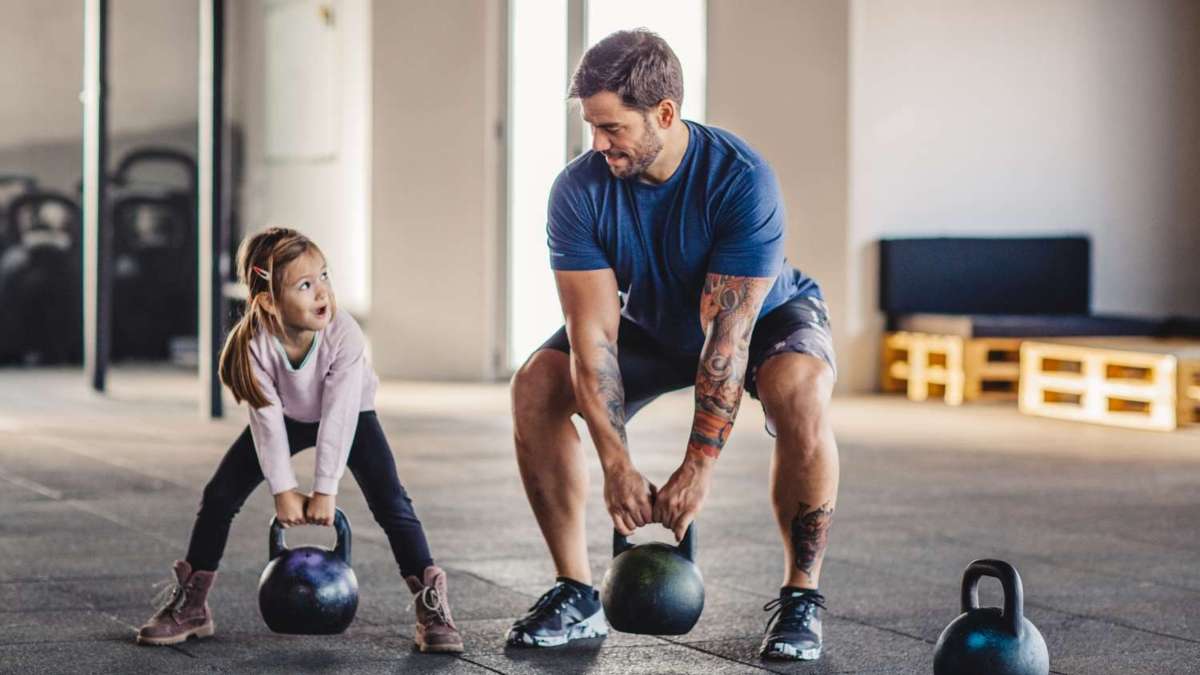
From celebrities to everyday individuals, there’s a widespread obsession with hitting the gym. Skipping a day feels like committing a sin to many. Teenagers are a common sight in gyms nowadays, reflecting how it’s become more of a fashion statement than just a fitness routine. Even youngsters as young as 14 or 15 can be seen pumping iron. But is this ideal? What’s the appropriate age for gym attendance? Let’s delve into that question.
Early age:
Children as young as 6-10 years can benefit from regular exercise, but gyms present a different challenge. Weight training, a common gym activity, can be risky for pre-teens whose bodies are still growing. Their bones and muscles aren’t fully developed, making them more susceptible to injuries from using heavy weights with improper form.
Instead of a specific age, focus on developmental milestones. Look for signs of strength, coordination, and the ability to follow instructions. This maturity is crucial for learning proper technique, which helps prevent injuries and ensures exercises target the intended muscle groups.
Gyms aren’t the only path to fitness. Building a strong foundation with bodyweight exercises, team sports, or swimming can be a great alternative. These activities are fun, improve coordination, and prepare youngsters for the gym environment.
Ideal age to start gymming:
Around the ages of 17 to 18, our bodies reach a stage of maturity and strength that enables them to handle the outcomes of intense gym workouts. During adolescence, our bodies undergo significant hormonal shifts, necessitating proper nutrition to manage these changes effectively.
Once reaching this 17-18 years stage, our bodies have developed enough to handle the physical transformations that intensive gym workouts entail. It’s crucial to have the guidance of a qualified trainer as you embark on this journey. Begin with fundamental exercises before progressing to proper techniques and safe motions.
What to do to stay fit without gym:
Staying active is key to maintaining fitness, and while going to the gym demands commitment and patience for visible results, it’s crucial not to overexert during growth phases. Opting for lighter exercises like running, swimming, or playing sports can effectively keep your body in check and promote fitness. Additionally, spending time outdoors and dedicating 45-60 minutes daily to unwind contributes to overall well-being. Embracing these simple habits can ensure long-term fitness without undue stress.
ALSO READ: 5 household chores that can actually help burn calories, melt fat at home